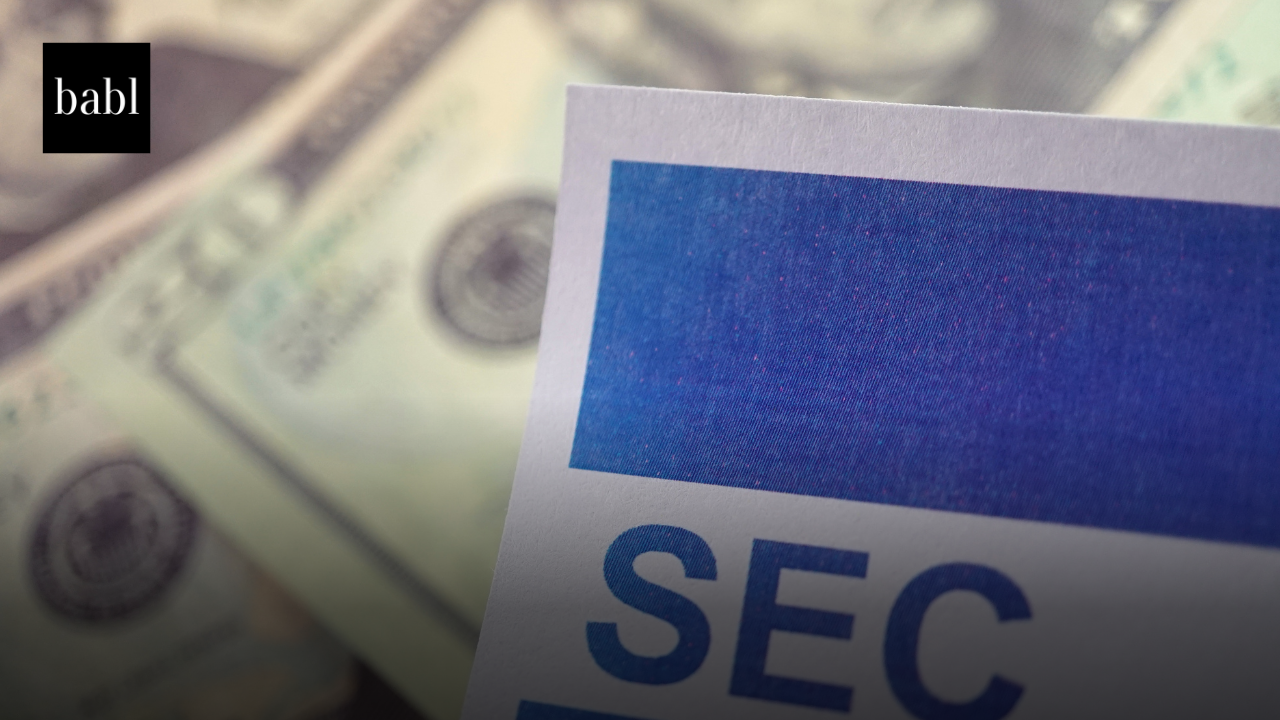The Securities and Exchange Commission (SEC) has announced charges against Rimar Capital USA, Inc. (Rimar USA), Rimar Capital, LLC (Rimar LLC), their owner Itai Liptz, and board member Clifford Boro for misleading investors with false claims about their use of artificial intelligence (AI) in automated trading. The fraudulent activities raised nearly $4 million from 45 investors. The parties involved have agreed to settle the charges and pay a total of $310,000 in civil penalties.
The SEC’s order detailed how Liptz, owner and CEO of both Rimar USA and Rimar LLC, along with Boro, a board member of Rimar USA, misled investors by falsely promoting Rimar LLC as an AI-driven platform for securities trading. The SEC found that Liptz and Boro fabricated claims about Rimar LLC’s assets under management and investment returns, making it seem like the firm was using advanced AI technology to deliver profitable returns to investors. In reality, the company did not possess such technological capabilities.
According to the SEC’s findings, Liptz and Boro’s scheme attracted investors eager to benefit from the supposed AI-driven investment platform. However, Rimar LLC never had the AI tools it promised, and the statements made about the firm’s capabilities were simply deceptive marketing. Additionally, Liptz misappropriated company funds for personal expenses, further defrauding the company’s clients and investors.
Andrew Dean, Co-Chief of the SEC’s Asset Management Unit, commented on the case, stating, “Through entities he controlled, Liptz lured investors and clients with multiple fabrications, including buzzwords about the latest AI technology. As AI becomes more popular in the investing space, we will continue to be vigilant and pursue those who lie about their firms’ technological capabilities and engage in ‘AI washing.’”
The term “AI washing” refers to the practice of making exaggerated or false claims about using AI in products or services to attract investors or customers. In the case of Rimar Capital, this deception ultimately led to legal consequences.
As part of the settlement, the accused parties agreed to cease their fraudulent activities without admitting or denying the SEC’s findings. Liptz consented to pay disgorgement and prejudgment interest totaling $213,611, a $250,000 civil penalty, and to face a prohibition from working with any investment company. Liptz also faces an associational bar, but will have the opportunity to reapply after five years. Boro agreed to pay a $60,000 civil penalty, while Rimar LLC will be censured for its role in the fraudulent scheme.
The SEC emphasized the importance of investor awareness regarding fraud involving AI claims. The Office of Investor Education and Advocacy has issued an Investor Alert about the risks of AI-related investment fraud to help the public avoid falling victim to false AI claims.
The SEC’s investigation was led by Payam Danialypour under the supervision of Brent Wilner, Associate Regional Director of the SEC’s Los Angeles Regional Office, and Andrew Dean. Roberto Grasso from the Division of Examinations, Office of Risk and Strategy, also assisted with the investigation.
Need Help?
If you’re concerned or have questions about how to navigate the U.S. or global AI regulatory landscape, don’t hesitate to reach out to BABL AI. Their Audit Experts can offer valuable insight and ensure you’re informed and compliant.





